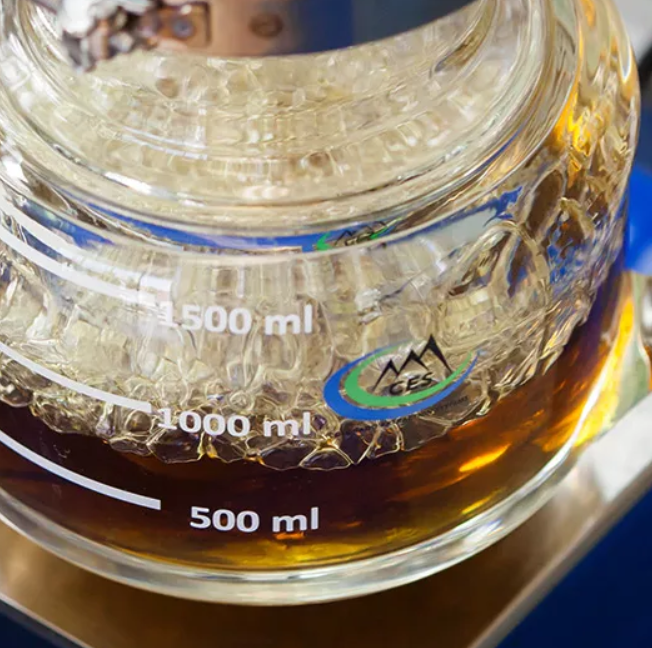Cannabidiol (CBD) is a naturally occurring compound found in the cannabis plant. Unlike tetrahydrocannabinol (THC), another well-known cannabinoid found in cannabis, CBD is non-psychoactive, meaning it doesn't produce a "high" or euphoric feeling.
CBD has gained popularity in recent years due to its potential therapeutic effects. It's available in a variety of forms, including oils, tinctures, edibles, capsules, and creams. CBD products are often marketed as a natural remedy for various conditions, including anxiety, pain, inflammation, and sleep disorders.
Research on CBD is still in its early stages, but there is some evidence to suggest that it may have therapeutic benefits. For example, studies have found that CBD may help reduce anxiety and depression in some people. It may also have anti-inflammatory properties and could potentially be used to treat chronic pain and arthritis.
CBD may also have neuroprotective properties, meaning it could potentially help protect the brain from damage and disease. Some studies have suggested that it may be beneficial for people with neurological conditions such as epilepsy and multiple sclerosis.
One of the biggest challenges with CBD research is that the regulatory landscape around cannabis and its derivatives is complex and constantly evolving. In the United States, CBD is legal under federal law as long as it comes from hemp, a type of cannabis plant that contains less than 0.3% THC. However, individual states have their own laws and regulations around CBD, and there are still some gray areas.
It's also important to note that while CBD is generally considered safe, it can cause side effects in some people. Common side effects include fatigue, dry mouth, and changes in appetite and weight. CBD can also interact with certain medications, so it's important to talk to your doctor before using it if you're taking any prescription drugs.
Overall, while there is still much to learn about CBD, it shows promise as a potential natural remedy for a variety of conditions.

